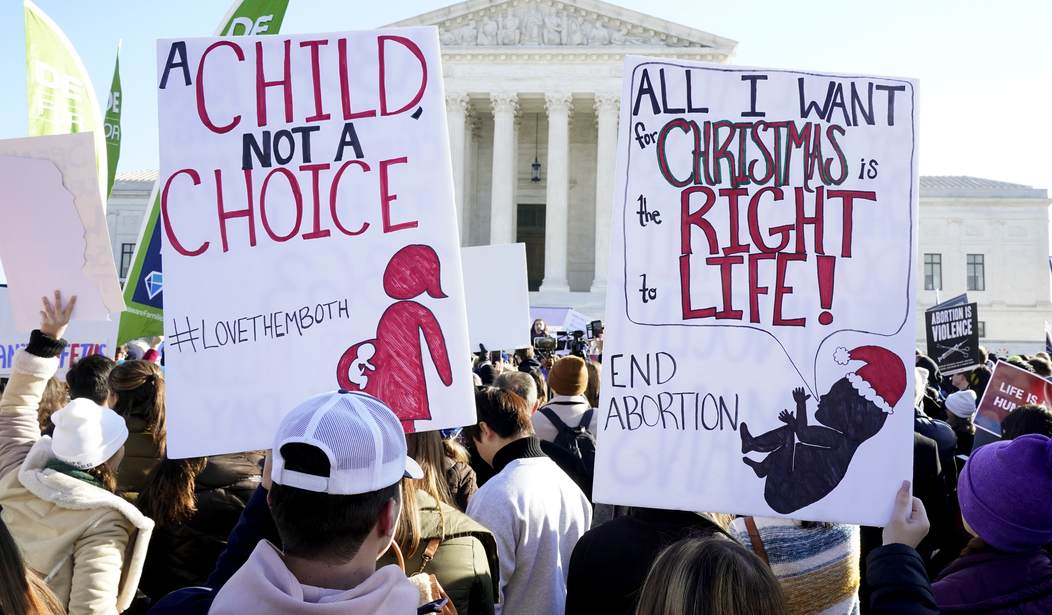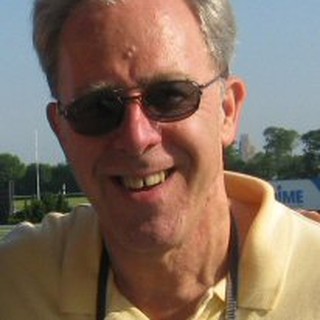Chris Slattery, a national pro-life leader and godfather of the current right-to-life movement in New York state, died this morning at Calvary Hospital in the Bronx after a long bout with cancer. He remained active until the last few weeks. In September, he retired as president of Expectant Mother Care-EMC FrontLine Pregnancy Centers, which he founded decades ago after being fired in the 1980s from a top advertising job.
Long before cancel culture became a thing, Chris was canceled. Despite being a top producer on Madison Avenue, people in his company saw a news report that he had been part of a protest at an abortion clinic. The demand was made that he be fired. In one of those examples of God writing straight with crooked lines, out-of-work Chris ended up dedicating himself full-time to the pro-life cause with all the drive that had made him such a success in the corporate world.
In fact, while speaking with a black woman from Brooklyn who had scheduled a clinic abortion, he convinced her to keep the baby and ended up being there months later with the newborn in his arms. The old sales saying emotion sells, but logic keeps business on the books came into play. Always charging forward with a desire for practical action, Chris established a systematic approach to helping expectant mothers keep their children. So far, over 46,000 women with preborn children destined for abortion have decided to keep their babies. All this was done in New York City, the abortion capital of the world, as Chris liked to call it.
Never thinking on a small scale, Chris invited young interns from around the world to spend a summer working with his team while living in what he called the Life House in the Bronx. The message and tactics he was using soon spread to operations around the globe.
Virtually from the day he began, New York state painted a bull's-eye on his back. Two sitting governors, adamant that he didn't belong in New York, especially targeted him with legal action. In the end, it was not Chris but Eliot Spitzer and Andrew Cuomo who were kicked to the curb.
Chris never waivered in his belief that with God, great things could be accomplished. He was fond of handing new recruits an unusual welcome present: a virtually out-of-print French spiritual classic, Soul of the Apostolate. Written by a cloistered Trappist monk, the book's message is that activism without prayer is fruitless. Chris was a man of prayer and made it the foundation of all he did.
To the end, he prayed for healing so he could continue his work in spite of overwhelming physical ailments. He had survived cancer as a very young man, so he learned early in life that not all lost causes were really lost, and even if they were, they were always worth fighting for.
Even lying sick in bed, he was talking to a mutual friend who produced an award-winning film with a strong pro-life theme. When the discussion turned to further production, the issue of lack of money was raised. How much do you need? Let me make a few calls. It is how things in New York get done. It is called "I know a guy." In a city perpetually falling to pieces, it sometimes seems only the power of friendship, the guy who knows a guy who can set things right, keeps the city afloat. And Chris could be a good friend indeed.
Chris was so full of ideas it could sometimes be exhausting or maddening if you were not used to it. But like the thousand seeds in nature that produce the harvest, it was all part of the process toward new life and new fruit. It was pointless to tell Chris something couldn't work. He was one of those people it was better to stand back and watch as they made it work.
When, not long ago, he said the New York Times was going to do a story on him, my response was immediate. Chris, are you crazy? His response: What do you mean? It will get the message out. Well, yes and no. There were good fruits from the story when the headline said there are more "anti-abortion" centers in New York than abortion clinics. But he also began receiving death threats.
In fact, law enforcement had to install security cameras at his home to keep his family safe. The FBI and local police met with him, saying there were credible threats against him. What strange times. People want to kill a man devoted to saving innocent lives who already happens to be dying of cancer. Such is the impatient madness of the culture of death.
Chris traveled the country and city with his jeans and oversized cowboy belt buckle, blazing a path. To his dying day, he could recite the speech he learned in college theater from Shakespeare's Henry V, the one that ends "We few, we happy few, we band of brothers." To hear it is to understand Chris. He lived the idealism of that speech with all the energy of his soul.
Chris was the virtual godfather of thousands of those saved from destruction as well as the children already born, whom he helped with tractor-trailer loads of supplies worth $2 million a year. There is an ironic twist to the story. He grew up in Staten Island, literally across the street from that other godfather. The one the film was based on. As it says in the New Testament, "but where sin increased, grace abounded all the more" and "overcome evil with an abundance of good." Yes, God truly has a sense of humor.










Join the conversation as a VIP Member